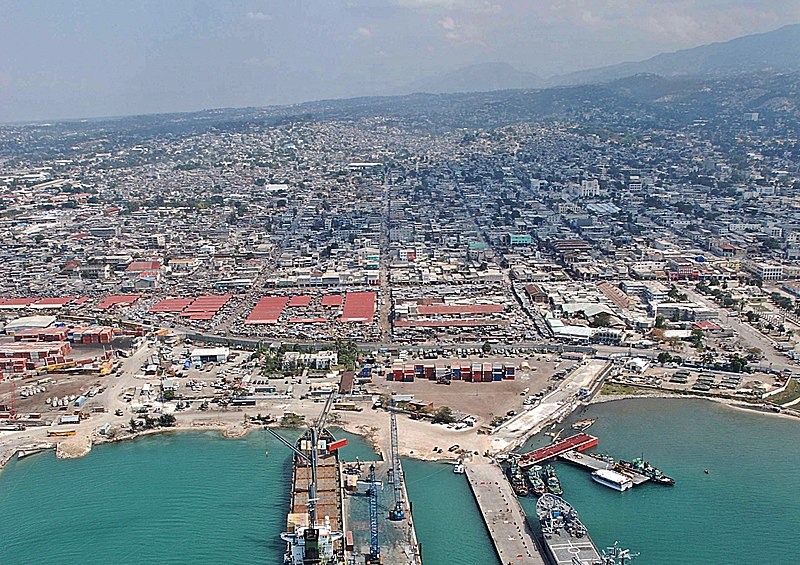Although UN Secretary General Antonio Guterres suggested sending a ‘rapid action force’ to Haiti earlier this month, the UN remains divided on whether to send an international force to help Haiti after its government made a ‘distress call’, Euronews reports. The country is facing a severe shortage of basic necessities and a paralysis of economic activity, due to the blockade of a supply terminal by gangs that own part of the capital. The blockade has disrupted transportation and left many without food or drinking water amidst a cholera epidemic. Mexico and the United States are reportedly in favour of these measures, but Russia and China have expressed reservations.
NGOs on the ground, including the Italian AVSI cited by the Guardian, warn that the chaos engulfing the country has become so total, and the social fabric so torn, that Haiti is on the verge of collapse. Meanwhile, discussions continue at the UN Security Council on how to restore order. Heavily armed gangs maintain control of the country’s main harbour and supply terminal. Demonstrations have crossed the country protesting both against the government and against a move in the direction of new external interference. Previous ones in fact proved disastrous.
The capital Port-au-Prince is located on the Gulf of Gonâve and sits on a bay that serves as a natural harbour. Its actual population is difficult to estimate due to the rapid growth of slums on the slopes above it. The population of the metropolitan area is said to be about 3.7 million, almost half of the country’s national population. Now plagued by widespread violence and hunger, the city was catastrophically hit by a violent earthquake in 2010 for which the Haitian government estimated the death toll at around 230,000.
Cover image: the seaport of the capital, and the city of Port au Prince
























